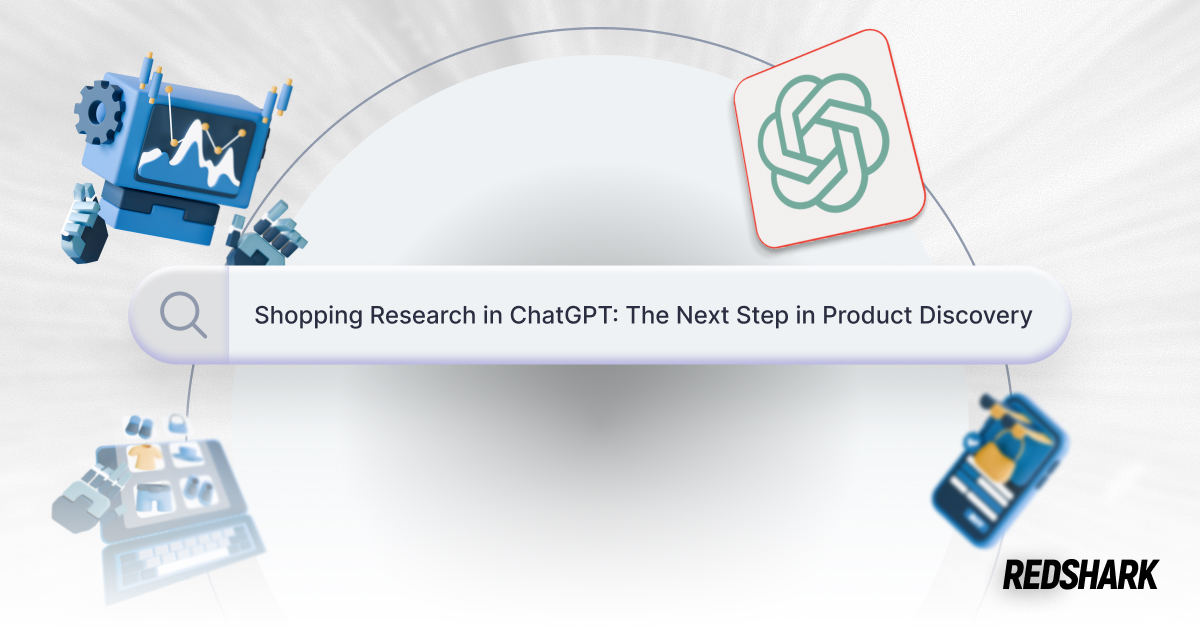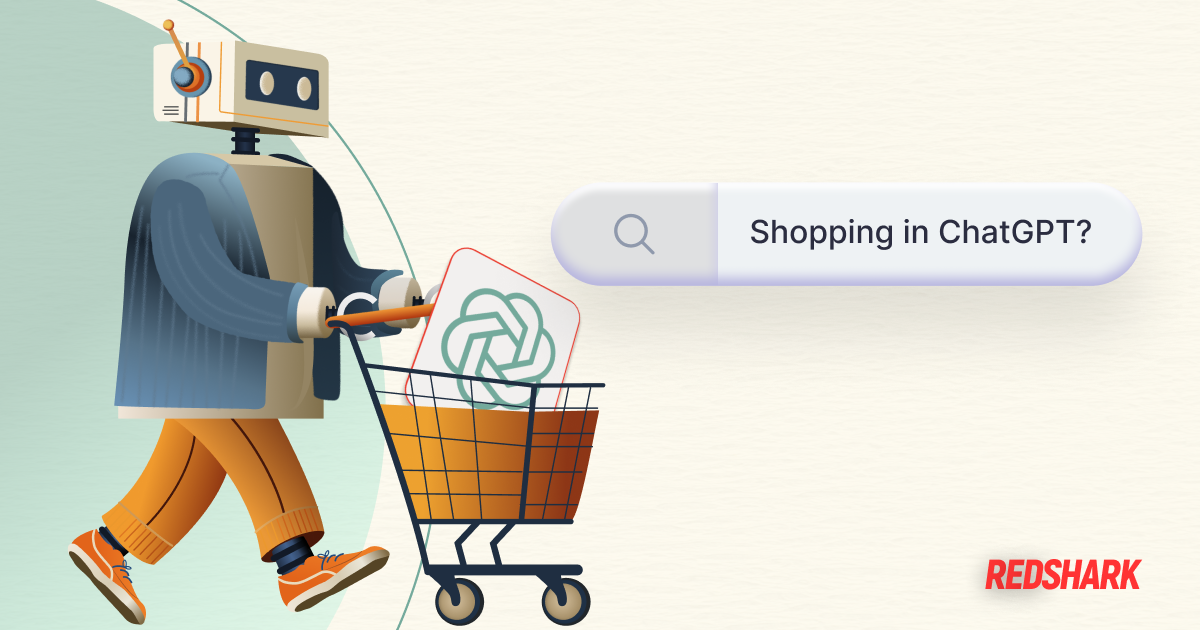
How Google’s BERT Algorithm is Affecting Your SEO
How Google’s BERT Algorithm is Affecting Your SEO
Featured & Recent Articles
How Google’s BERT Algorithm is Affecting Your SEO

Google is constantly updating its algorithms and search engines to provide users a seamless experience. However, Google’s new algorithm, BERT, may end up doing more harm to businesses than you think.
What is BERT?
BERT began rolling out for English-language queries at the end of October 2019. It stands for Bidirectional Encoder Representations from Transformers and is a neural network-based technique for natural language processing pre-training. In short, it basically is a tool to help search engines understand natural language better and determine the context of search queries.
The Rise of Zero-Click Searches
In 2019, the number of zero-click searches surpassed searches with organic clicks, making up 50.33% of all browser-based searches on Google. This can be seen below in the graph from SparkToro.

A zero-click search is when a user executes a google search, but instead of clicking on any of the sites on the results page, they use the information already presented on the SERP as a means to answering their query. An example of this is by searching “Landslide lyrics” and being presented with the lyrics without having to click into a web page, as seen below.

While this is great for the user, the businesses that produced the content for this snippet are getting no traffic from the search. Users would have to scroll past the actual lyrics, a long list of rich snippets, and videos before they even reach the organic SERPs.

Since these zero-click searches take up 50% of traffic, your websites are missing out on more than you think. Not only is it affecting your CTR, but if the user never actually lands on your website, you have no opportunities for retargeting, revenue, brand equity, or list building.
How BERT and Google Will Continue to Impact Your SEO and Zero-Click Searches
The BERT algorithm focuses on answering specific longtail searches and will likely increase the number of zero-click searches. Google has already begun influencing a variety of markets and it will only get bigger from here. Let’s take E-Comm, for example. Say you’re in the market for a new pair of running shoes. The first thing you see when searching “running shoes” is the Google Shopping results, followed by some ads, maybe a local pack, and then organic results.

Clicking on “See Running Shoes” will take you to Google Shopping, Google’s way of competing with Amazon. Here, you are presented with a variety of different shoes, colors, and price points all competing for your sale.

But wait, there’s more! If the user clicks on the filter “Buy on Google,” they are presented with a variety of products backed by Google that are covered by a “Google Guarantee.” Google also gets a commission for each buy with Google Sale, so not only are you competing with other businesses, you are now competing with Google itself.


Optimizing for Zero-Click Searches
Gone are the days of tracking SERPs as a metric for success. Just because you are ranking doesn’t mean you may see traffic. Tracking the right metrics is the way to success, ditching SERPs and focusing on revenue and leads. Targeting long-tail search terms is a good place to start. These are phrases of four words or more that allow you to be very specific to what you are selling. Whenever a customer uses a highly specific search phrase, they are likely looking for exactly what they are actually going to buy. Generic searches are geared more towards research prior to making a buying decision. There are a variety of free and paid longtail keyword tools that can help you determine what keywords to best target. Contacting an expert SEO agency like Red Shark Digital can help you achieve search engine success. We can help you determine the best ways to rank for your business and compete in the ever-changing digital landscape.














.png)




.png)
.jpg)




